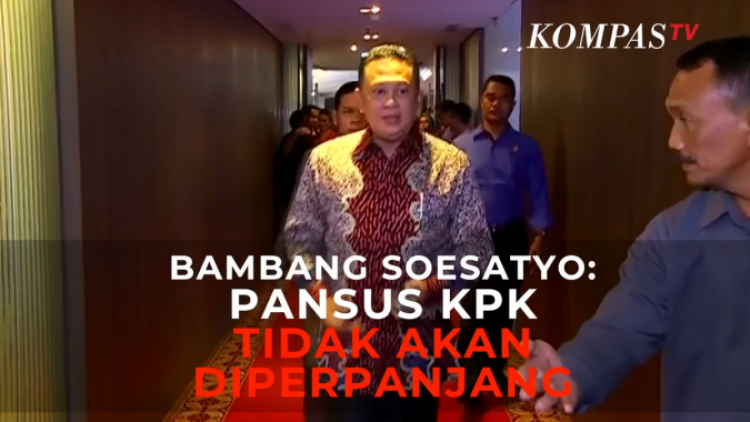Recommendation of the Special Committee, is it Still Necessary?

The House of Representatives (DPR) has appointed Bambang Soesatyo as the Chair of the House of Representatives on Monday (15/01), replacing Setya Novanto who was named a suspect in the e-KTP corruption case and is currently facing trial. Before the inauguration, Bambang Soesatyo said that he would have two main duties as the Chair. The first is to finalize the conclusions and recommendations of the Special Committee (Pansus) for the Inquiry of KPK, and the second is to finalize the Revision of the MPR, DPR, DPD, DPRD Law (UU MD3).
As we have known, the Special Committee for the Inquiry of KPK has been established by the DPR through a mechanism that was considered to violate existing rules. The Association of State Administration and State Administration Law Teachers (APHTHAN-HAN) assessed that the creation of the Special Committee has been legally defective for violating the provisions of the MD3 Law.
The Special Committee for the Inquiry of KPK was also regarded as a reaction to the e-KTP case, which ensnared several members of the House of Representatives, some of whom also became members of the Pansus. Efforts made by the Special Committee are rightly considered as attempts to disrupt the handling of the e-KTP case conducted by the KPK.
In his statement regarding the end of the work of the Special Committee, Bambang Soesatyo stressed that the conclusions and recommendations of the Pansus, which would be submitted in the plenary session of the House of Representatives, would not result in a revision of the KPK Law. Bambang Soesatyo will also involve the KPK to provide input in formulating the recommendations of the Special Committee.
In this context, KPK, as a party that has always rejected the existence of the Special Committee, must emphasize its position not to be involved in the formulation of recommendations. To this day, KPK's question to the Constitutional Court on the legality of the Special Committee has remained unanswered. Several points of the draft recommendations that have appeared to the public are indeed ‘soft’. However, there is still one potential way for the House to control the KPK, namely the suggestion for an Independent Monitoring Agency to monitor the KPK. The issues about who will choose the members of the agency, the position of the agency, and what authorities it has, are still unclear.
Furthermore, the conclusions and recommendations to be submitted by the Pansus do not necessarily require through the process of establishing a Special Committee, as it is sufficient to conduct a hearing with the KPK - as done by members of the House of Representatives Commission III in September 2017. Utilizing the Hearing as a parliamentary control mechanism over the KPK is already representative enough to discuss various issues and concerns of Commission III on the work of the KPK. However, the deed is done. The Special Committee for the Inquiry of KPK, which has swallowed not a small amount of the state budget, will end its work not with a bang but a whimper. (Jaya/Adnan)










